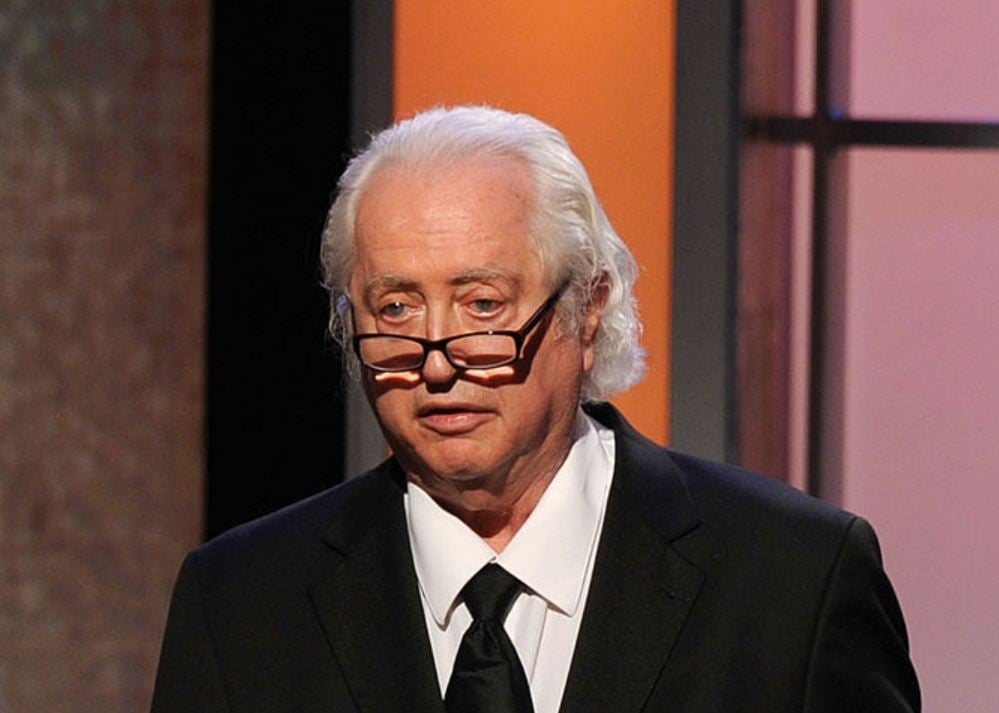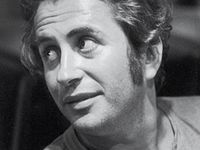

In doing so, he didn't quite have the creative freedom that he was guaranteed as an independent artist, making the quality of his films suffer in the process. rode the train into Hollywood and began making films for the studio system. Films like Pound, Greaser's Palace, and Two Tons of Turquoise to Taos Tonight helped build his reputation not only in his home state of New York but around the country. moved on to make a couple more independent features, each garnering a bigger budget than the last. Swope is aggressive, sarcastic, and biting, so it isn't for everyone, but if you're a fan of Kurt Vonnegut's voice in satire, as well as late 60s/early 70s underground comedies, this one will be a hit for you.Īfter Putney Swope, Sr. It has a pretty sour sense of humor that is somewhat reminiscent of what South Parkwould end up being known for.
Robert downy sr movie#
himself, the movie is ridiculously funny. Its episodic nature makes it a breezy watch, throwing viewers into a new scenario every couple of minutes. It's almost even a plotless film! Once he becomes head of business, the rest of the film is basically spent watching Putney make deals with, steal ideas from, and fire both clients and employees of his one after the other.

The film begins with Swope acting as a more heroic figure, but as the film goes on, we see this position of power corrupt him, and he ends up just as careless and cutthroat as those that he replaced. It tells the story of Putney Swope ( Arnold Johnson), who, after the sudden death of the board's chairman, becomes elected the new chairman and head of his business. Putney Swope is a fascinating artifact of satirical cinema. After Elbows, Downey would move on to No More Excuses, and then his most acclaimed film, 1969's Putney Swope. But that's what Downey could afford at the time, and he went with it! His work is all the better for this, giving audiences both then and now a whole slew of unique film-viewing experiences. Some bits of his early films, such as 1966's Chafed Elbows, have segments literally presented in still photography, as opposed to the *motion* aspect of motion pictures. This gave him plenty of experience and training on film sets, granting him the opportunity to move on to making feature films. At the beginning of his career as a filmmaker, he made strange experimental films that showed exclusively in New York City's art house theaters, eventually landing him a job making experimental commercials. He was a prolific filmmaker from the early 60s to the mid-70s, just pumping out film after film, and eventually releasing films at a more ordinary pace moving into the 80s and 90s. absolutely did a lot in his life, and he has the filmography to show for it. not only reflecting on Sr.'s legacy as an artist but much more importantly, on their relationship and the time they spent together as father and son. I love him for what he did and I love him for what he didn't do." It's an impactful moment that shows Jr. has to say in the film is that "we're here, we do stuff, and we're gone. seems healthily at peace pretty quickly after his father's passing, yet is more reflective than ever - we even see him working through this difficult period as he's on video chat with his therapist. had seen this coming for a long time), it just shows a family accepting this next phase of life as one door closes. lean too hard into the depressing aspects of those days (Jr.
Robert downy sr how to#
RELATED: How to Watch Robert Downey Jr's 'Sr.' It's a powerful and difficult bit of film to watch. Not to say that the film was messy before or anything, this is just when the film and those that inhabit it start asking big questions. Eventually, the film begins shifting into Sr.'s final days, and this is where the film drops its more "hangout" vibe and finds greater focus.

clearly has spent a lifetime wondering what his dad's intentions may have been in introducing him to substances at an early age, but never quite gets the answers that he's hoping to find. to postpone the conversation as it is too hard for him to talk about. tries to discuss past mistakes and the way that his father brought him up, only for Sr.


 0 kommentar(er)
0 kommentar(er)
